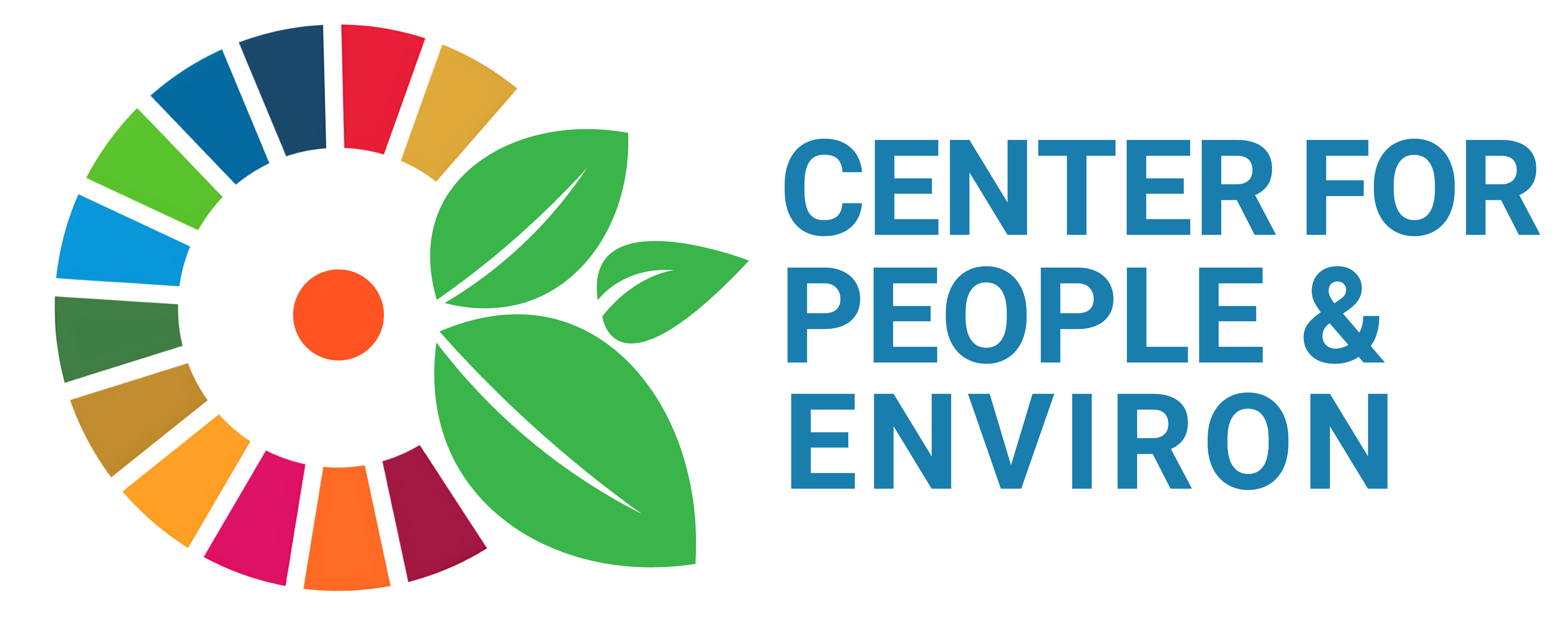Research Partnership on Indigenous Climate Adaptation Knowledge of Bangladesh
Objectives of the study
The study aims to document and investigate the dynamics of Indigenous and Local Knowledge and their contribution to climate resilience climate change adaptation, mitigation, and value-added knowledge development through integrating scientific knowledge. The specific objectives of the study are:
- To document indigenous climate adaptation practices and knowledge prevalent in Bangladesh.
- To understand the efficacy and applicability of these indigenous practices in the current climate scenario.
- To integrate modern adaptation techniques with indigenous practices, aiming for inclusive and sustainable solutions
Methodology
A secondary review of relevant documents, statistics, and scientific literature (grey and peer-reviewed) related to Climate change, Agriculture, Disaster Risk Reduction, Health, Resource Management, Water Management, etc.
Collection, review, and analysis of climatic parameters and climate-induced disasters, and their impact on agriculture, health, livelihoods, forest, biodiversity, health, social protection and human security, etc.
Participatory research to get actual data, perspectives, and experiential knowledge of the vulnerability, indigenous and local knowledge application, gaps of indigenous knowledge, and scientific knowledge needs in multi-sectoral resilience through the In-depth Interview (IDI), Focus Group Discussion (FGD) and Key Informant Interview (KII)
Local scenario generation through micro-climate downscaling and climate projection
Multi-hazard risk assessment
Identification of indigenous knowledge practices
Resilience index development and gap analysis for scientific knowledge integration.
Funded By







